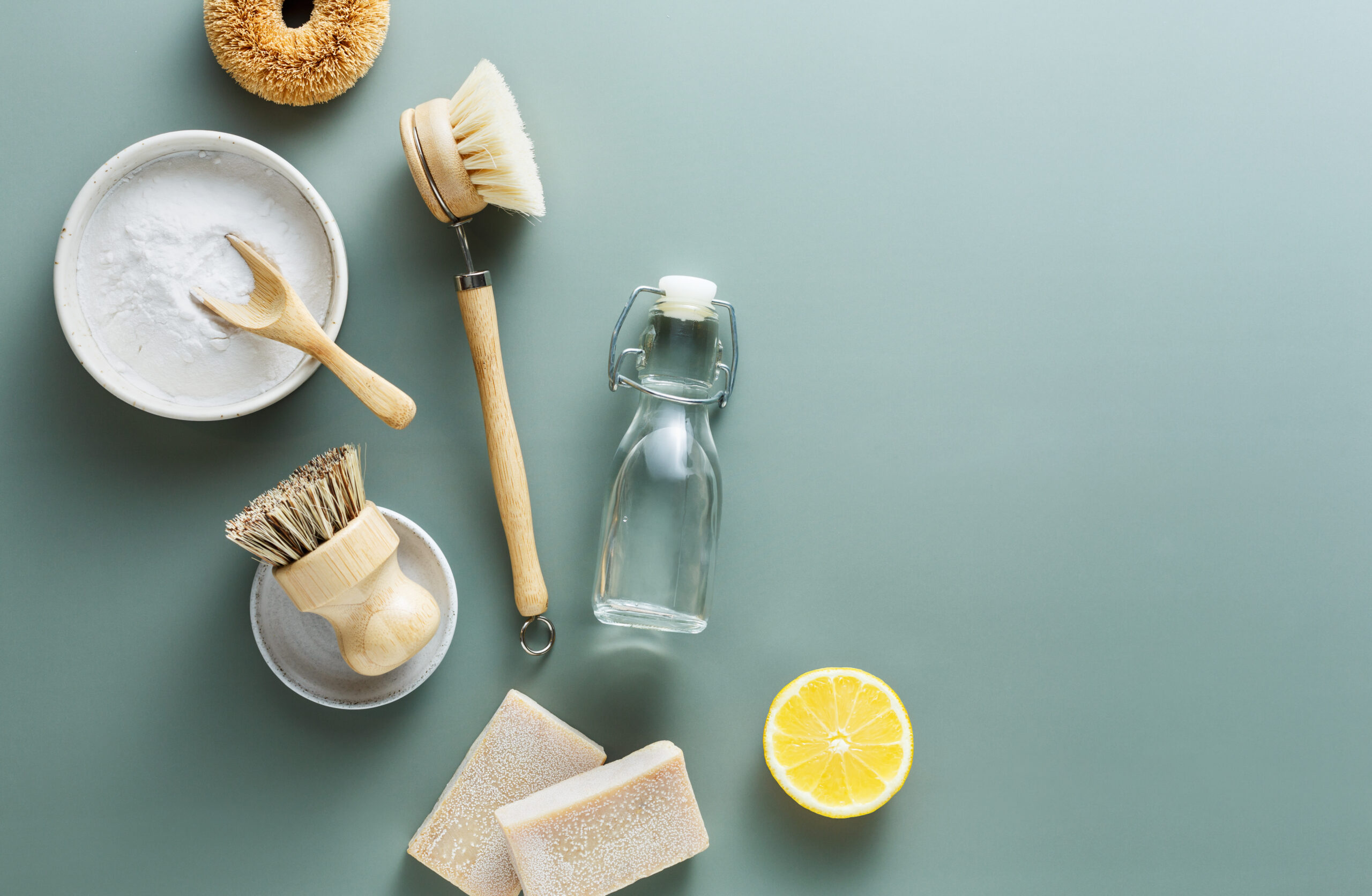
We all want a clean and tidy home, but have you ever stopped to wonder about the safety of the cleaning products you use?
Many household cleaners contain chemicals that may pose a risk to human health. In this article, we’ll explore some of the potential dangers of household cleaners and offer some tips for using them safely.
Chemical exposure
Many household cleaners contain chemicals that can be harmful if they are inhaled or come into contact with skin. For example, bleach, ammonia, and hydrochloric acid are commonly used in cleaning products but can cause respiratory irritation, skin burns, and other health problems if they are not used correctly.
Household Cleaners & Child Safety
As parents, one of our primary concerns is keeping our children safe and healthy. However, in our pursuit of a clean and tidy home, we often overlook the potential dangers posed by common household cleaners. The chemicals found in some cleaning products can be harmful if ingested or even inhaled. This is especially true for young children, who are naturally curious and may accidentally ingest these toxic substances. It’s important to take steps to safeguard our homes and protect our little ones from harm. By choosing safer, non-toxic cleaning alternatives and storing cleaning products out of reach of children, we can create a clean and healthy home environment that is also safe for our kids.
Environmental impact
When we use household cleaners, we aren’t just exposing ourselves and our families to potentially harmful chemicals. Many of these chemicals are released into the environment, where they can have a negative impact on air quality, water quality, and wildlife. Some cleaning products can also contribute to the build-up of greenhouse gases in the atmosphere.
Proper use
While some household cleaners can be hazardous if they’re not used correctly, many are safe when used as directed. Be sure to read the labels on your cleaning products carefully and follow the instructions. If you’re not sure how to use a product, or if you have any concerns about its safety, seek advice from a qualified professional.
Alternatives
Fortunately, there are many alternatives to traditional household cleaners that are safer for you and the environment if you’re concerned about the safety of the household cleaners you currently use. For example, vinegar, baking soda, and lemon juice can be used to clean and disinfect surfaces. You can also find eco-friendly cleaning products that are made with natural ingredients and are free from harsh chemicals.
Have you tried orange essential oil for cleaning? This versatile oil has antimicrobial properties that make it an excellent ingredient for alternative household cleaners. Dilute it with water and vinegar or baking soda to create a powerful cleaning solution that’s free of harsh chemicals and toxins. Orange essential oil is also great for freshening up musty spaces or removing lingering odors. Not only will your home smell fresh and clean, but you’ll also feel good about using a natural cleaning solution that’s friendly to both your family and the environment.
Household cleaners are a common part of our daily routine, but it’s important to be aware of the potential dangers they can pose to our health and the environment. By using cleaners as directed, choosing safer alternatives, and preventing the need for harsh chemicals whenever possible, we can help to protect ourselves and the planet. For more health related articles, visit www.AZPrimaryClinic.com.

